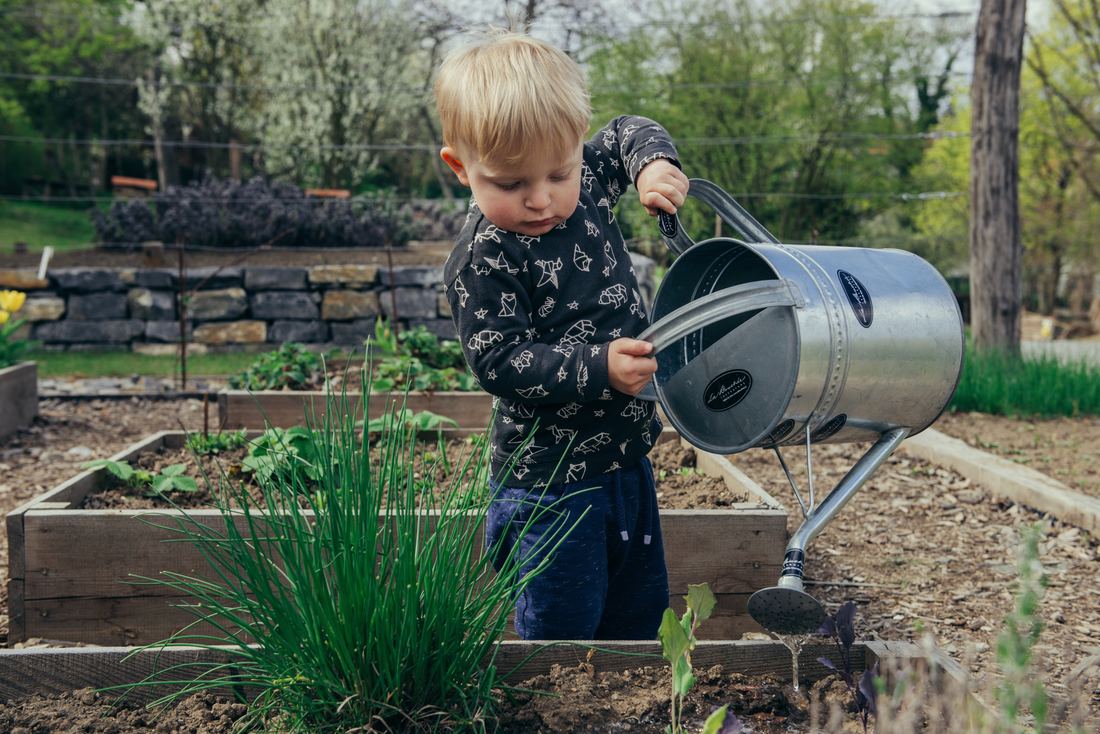
Japanese Knotweed is an invasive weed that has weeded its way into the disclosure obligations of a seller.
No, this blog is not a lesson on horticulture! Moreso a look into why when you buy or sell a home, you will come across a question of knotweed. It seems random to have such a question amid all the other more akin questions to a property sale. This blog will instead answer the following: what is Japanese Knotweed, and why does it matter?
What is Japanese Knotweed?
Japanese Knotweed is an invasive weed, it produces bamboo like shoots in the summer which can grow up to 7 feet tall. What makes it such an issue is when the winter months approach and on the surface it appears to have died, what’s actually happening is the rhizomes of the plant are still growing underground. A rhizome is a stem that grows horizontally and continuously, putting out ‘shoots’ off the main stem on its journey. The result of this is exponential growth of the root system underground and come summertime, the bamboo like shoots can appear in an area much larger than the year before. What makes this worse is being a weed, it prevents other plants from growing by dominating the local competition for growth.
It is incredibly difficult to treat, pruning what you see on the surface will not work as it will continue to grow underground as stated above. Pruning may also enhance the productivity of the growth underground, leaving you liable for failure to control an invasive species (see the end of this blog for more info). To properly eradicate the weed, professional help is required, that can be costly especially if the growth is out of control.
Why does it matter?
Not only is the presence of Japanese Knotweed undesirable for lenders, meaning you are less likely to obtain a mortgage, it is important to know that it has found itself in the legislation of England and Wales and the standard enquiries of a property sale.
The standard property purchase enquiry forms TA6 and LPE1 (for leasehold property) provide a legal obligation of the seller (or the landlord if LPE1 form) of a property to disclose if they know of any presence of the plant before selling. If a seller does not give an honest and accurate answer, disputes can arise with potential legal claims being made by the purchaser (or lender) which can go as far as a misrepresentation claim (the last thing you want as a seller!). If successful, the outcome of a misrepresentation claim can land the seller paying damages and/or rescission of the sale contract. Rescinding a contract results’ in putting the parties back to the position they were in before the contract was entered into. This would effectively reverse the transaction so you are back at square one having not sold your house – this would be particularly costly if you were relying on the sale proceeds for another property purchase not to mention you would still be liable to pay your legal costs.
Alas, there is hope, just because Japanese Knotweed is identified, doesn’t mean you cannot sell your home. An agreement between the seller and purchaser can be reached in a civil manner. Commonly this includes the purchaser requiring the seller to treat the weed professionally* prior to the sale. Although this might incur cost for the seller, it would be a lot better than having a claim made against them for misrepresentation, so you should always be as open and honest as possible when answering enquiries.
*Professional works should be backed by an insurance back guarantee and a treatment plan.
Up to this point we have only looked at the effects of the weed in the context of a property sale, other issues can arise where the plant encroaches uncontrollably onto a neighbouring property causing a nuisance leaving you liable in civil law. It can even leave you criminally liable if you fail to control the invasive species and it has a detrimental effect on others. However, these liabilities are for discussion in another blog.
If you have any questions regarding the above, please contact our property team on 01494 521 301. If you believe that you have purchased a property with Japanese Knotweed, and that the seller failed to inform you of this, please contact Charlotte Braham by email or on 01494 893529.